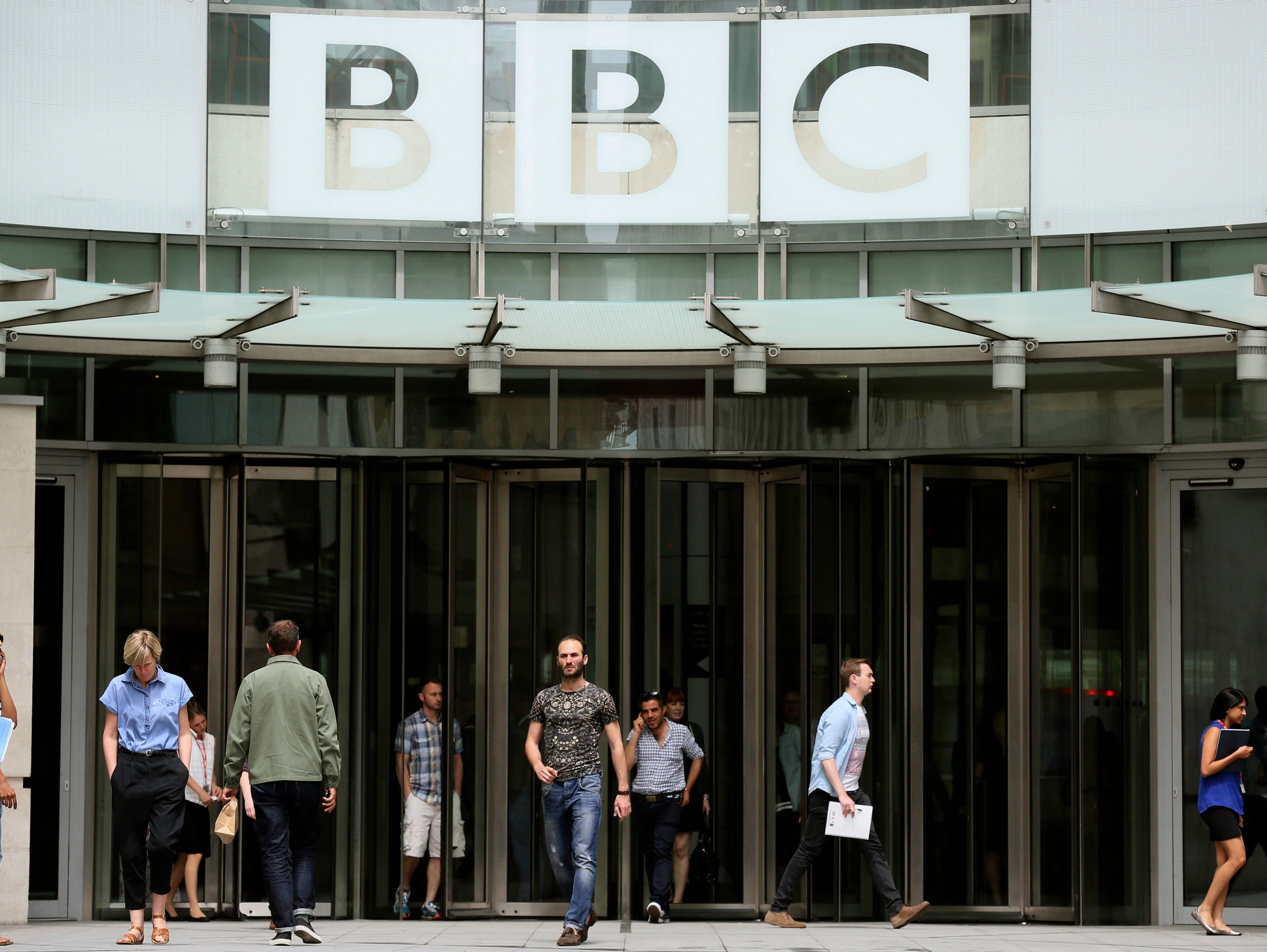
Almost half of Press Gazette readers backed the scrapping of the BBC licence, according to a new poll.
Some 956 people responded to the question posed on our website: “What is the best long-term funding solution for the BBC?” within the past week.
Of the readers who took part, 53 per cent backed the compulsory licence fee model covering radio and TV that has been in place since 1946.
The Government has launched a public consultation on whether it should continue to be a crime to evade paying the TV licence fee. The Culture Secretary has also promised to “take a proper look at our public service broadcasting system and the BBC’s central role within it”.
The remaining 47 per cent of readers thought different models would be a better solution going forward, with a split between four different suggestions offered by Press Gazette.
Almost a fifth (18 per cent) back the idea of a subscription model, while 14 per cent believe the BBC should be funded by advertising, like its public service broadcasting rivals ITV and Channel 4.
Just four per cent liked the idea of a membership model similar to that of The Guardian, which relies on donations to keep its news free. Some 11 per cent of respondents liked the idea of a combination of this and an ad-funded model that could give members an ad-free experience.
The licence fee funding model cannot be discarded until 2027 at the earliest when the current Royal Charter period comes to an end, although more minor changes such as decriminalisation could come into effect in April 2022 with the next licence fee settlement.
In response to the poll, a BBC spokesperson said: “The licence fee continues to ensure the BBC is an independent, universal broadcaster, committed to serving the whole of the public and to investing in British journalism and creativity.
“It is the most popular funding system among the public and is agreed as the method of funding for another seven years.”
The National Union of Journalists, which last week launched its Hands Off Our BBC campaign against changes to the licence fee including its decriminalisation, said it welcomed the fact more than half of those who took part were in favour of the status quo.
NUJ broadcasting organiser Paul Siegert said: “The present model may not be perfect, but we call on the government not to dismantle the current funding model until there is a suitable alternative system in place that is paid by all households and which recognises that the BBC is a universal service.
“A subscription service is not the answer. In particular it would bring about the end of local radio, regional TV and children’s programming.”
Siegert was echoing a warning from BBC chairman Sir David Clementi last month that a subscription service “would be unlikely to have much regional presence”.
Methodology: This poll was an indicative survey of Press Gazette readers which ran on the site from Tuesday 3 March to Monday 10 March 2020. It used cookie-based tracking to stop readers from voting twice. Press Gazette’s readers are predominately journalists and others who work in the news industry.
Picture: Reuters/Paul Hackett
Email pged@pressgazette.co.uk to point out mistakes, provide story tips or send in a letter for publication on our "Letters Page" blog
